When you or a loved one come out of hospital or are referred to rehab – often the rehabilitation team or Occupational Therapist (OT) who helps to assess what’s needed at home. From mobility aids to small kitchen supports, their recommendations are designed to make daily life safer and easier – and to help people live independently for as long as possible.
Until recently, many of these recommendations were fulfilled by NRS Healthcare, one of the UK’s largest providers of community equipment. With NRS now in liquidation, it’s understandable that families feel uncertain about how this affects the support their loved ones rely on.
How the NHS and NRS Worked Together
For years, the NHS, local health boards, and councils relied heavily on NRS Healthcare to deliver community equipment services. Here’s how it worked:
- An OT assessed needs whether at home or after a hospital stay.
- A recommendation list was passed to the local council’s community equipment service.
- The council then worked with NRS to supply/loan, deliver, and sometimes install the equipment at home.
NRS became one of the UK’s biggest suppliers, handling around 40% of community equipment provision. For many families, NRS was the name most associated with getting vital support in place quickly after hospital discharge.
Loaned vs. Owned Equipment – What’s the Difference?
It’s important to understand that most equipment provided through NRS and councils was on loan, not permanently given.
- Large items like hospital beds, hoists, commodes, or shower chairs were provided on loan. Families were expected to return them when no longer needed, so they could be cleaned, services, and reused.
- NRS managed the delivery, installation, maintenance, and collection of this equipment.
On the other hand, smaller everyday items such as safe pour kettles, non-slip mats, and kitchen aids are usually not part of the loan system. Many families prefer to buy these products privately, so they own them permanently and can choose versions that suit their style and home.
This combination of loaned essentials from the council and personally chosen aids bought independently is what helps many families strike the balance between safety and independence.
What the Collapse Means for Families
The most important thing to know: you are still entitled to support.
- Councils and health boards remain legally responsible for providing community equipment to those who qualify.
- While NRS is no longer delivering equipment, councils are quickly transferring contracts to new providers like Medequip and Millbrook Healthcare.
- In some areas, this may cause short delays as services transition – but no one should be left without essential support.
Should You Also Buy Independently?
Many families choose to buy additional daily living aids privately. This gives peace of mind and ensures your loved one has everything they need, without waiting.
For example:
- A safe kettle for elderly relatives that tilts instead of lifts.
- A non-slip mat that makes pouring safer and steadier.
- A liquid level indicator that makes pouring any liquid safer and easier for those with limited visibility, bad depth perception or wheelchair users whose kitchen is not adaptable.
- Simple bathroom or kitchen aids that reduce the risk of slips or spills.
These products are widely available online and through independent mobility retailers in the UK. Buying independently means you own the items permanently and can match them to your home’s style.
Reassurance in Uncertain Times
The NRS Healthcare collapse has caused understandable concern, but families do not need to panic. Support is still in place:
- If you’re waiting for equipment through the NHS or council: stay in contact with your local OT or council team to check who the new supplier is.
- If you’d like extra reassurance: shop independently for smaller aids that keep your loved one safe and confident at home.
Independence at home is too important to be left in doubt. Whether it’s through your council’s loan scheme or by purchasing aids yourself, there are still plenty of ways to access the daily living aids your family needs.
Sometimes, even a small change – like a safer kettle or a simple grip mat – can make all the difference to confidence, safety, and peace of mind.



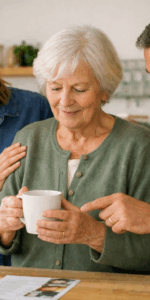
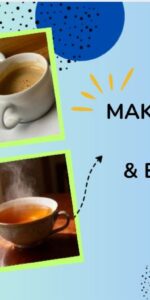
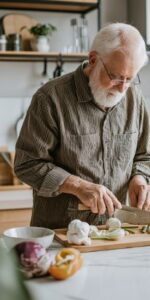
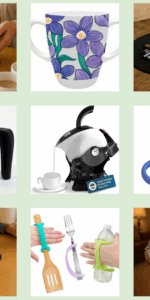
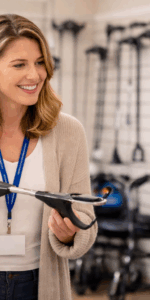
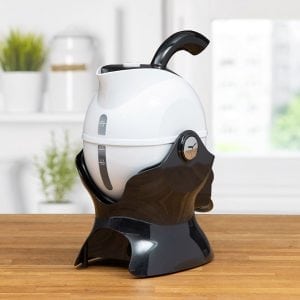
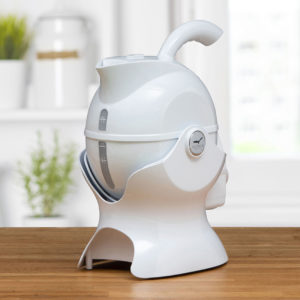
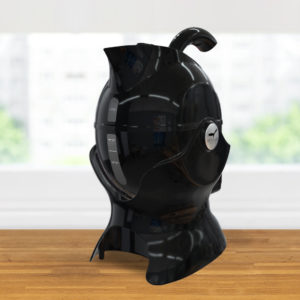
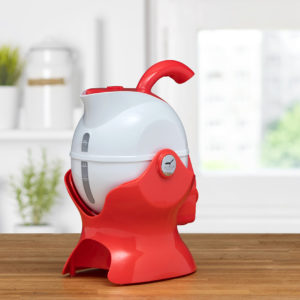

Leave a Comment